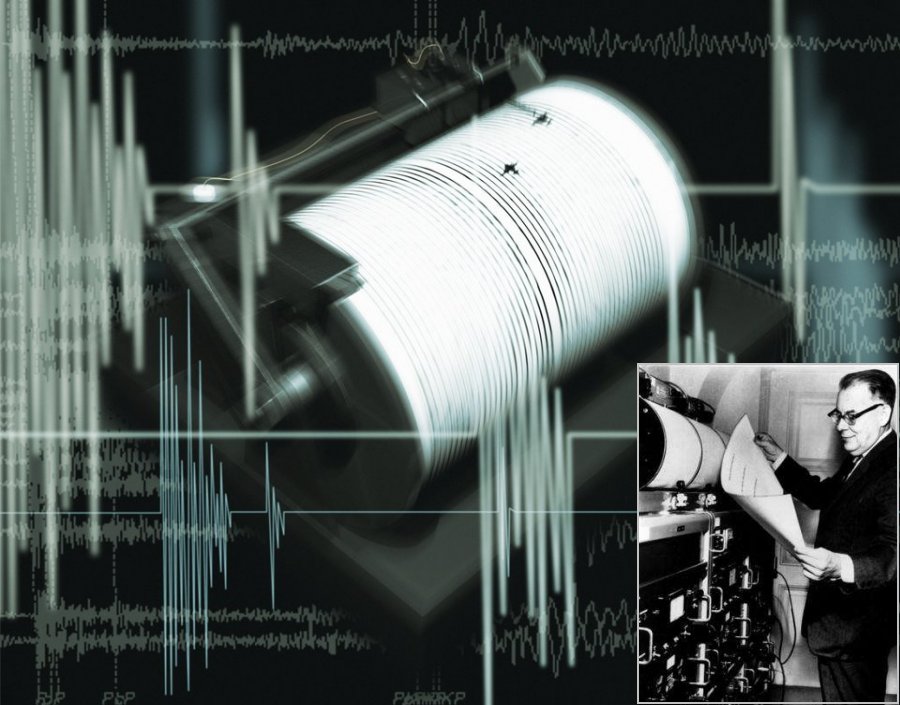MessageToEagle.com – On April 26, 1900, seismologist Charles Richter was born near Hamilton, Ohio, USA.
He graduated from the University of Southern California and then enrolled in graduate school at the California Institute of Technology, where he studied theoretical physics. Richter received his doctorate in 1928.
During this same year, the Seismological Laboratory of the Carnegie Institution in Washington hired him.
In 1935, while at the Seismological Laboratory, Richter worked with Beno Gutenberg, a German-American seismologist who made several important contributions to the science, to develop a rating scale for earthquakes.
Using a seismograph instrument, earthquakes were measured by how much energy they release within the earth —a system better known as the Richter Scale.
The Richter Scale was superseded by the Moment Magnitude Scale in 1979.
The scale had the following classifications for earthquakes and their severity:
- Felt by instruments only
- Felt by sensitive people and sensitive animals
- Felt by many peopleFelt by everyone; pictures fall off of walls
- Damage
- Destructive earthquake in populated areas
- Major earthquake causing serious destruction and total destruction of nearby communities
- An earthquake more than one 100 million times more powerful than category one
For decades, the Richter Scale proved to be the accepted and very important measurement for earthquakes.
In recent years, scientists have begun to use the Moment Magnitude Scale, which is much more precise than the Richter Scale.
MessageToEagle.com







